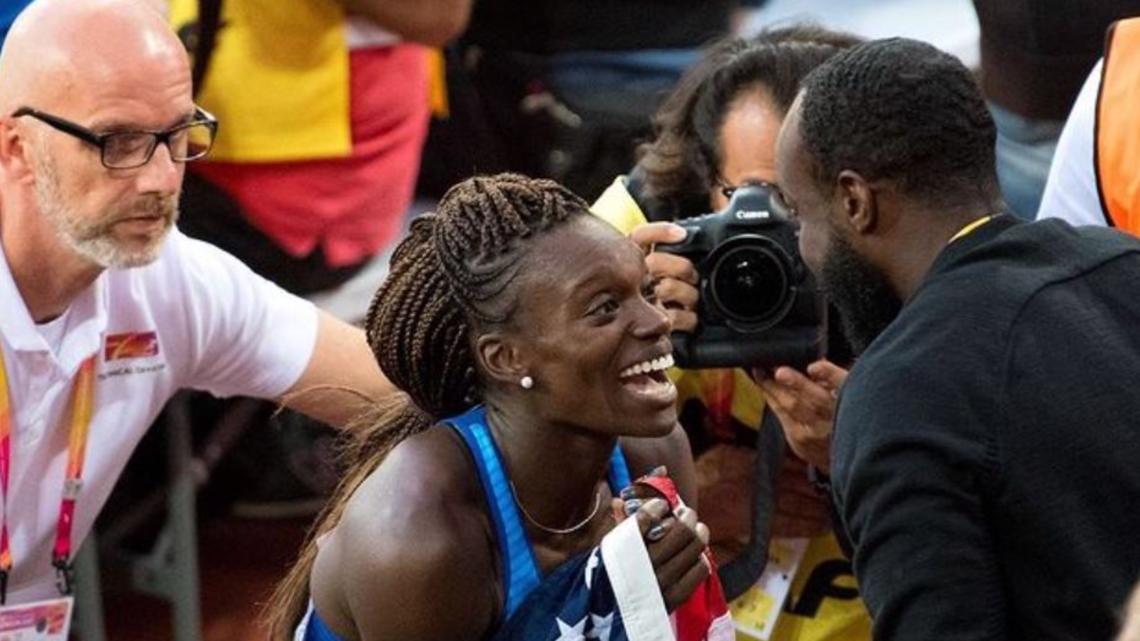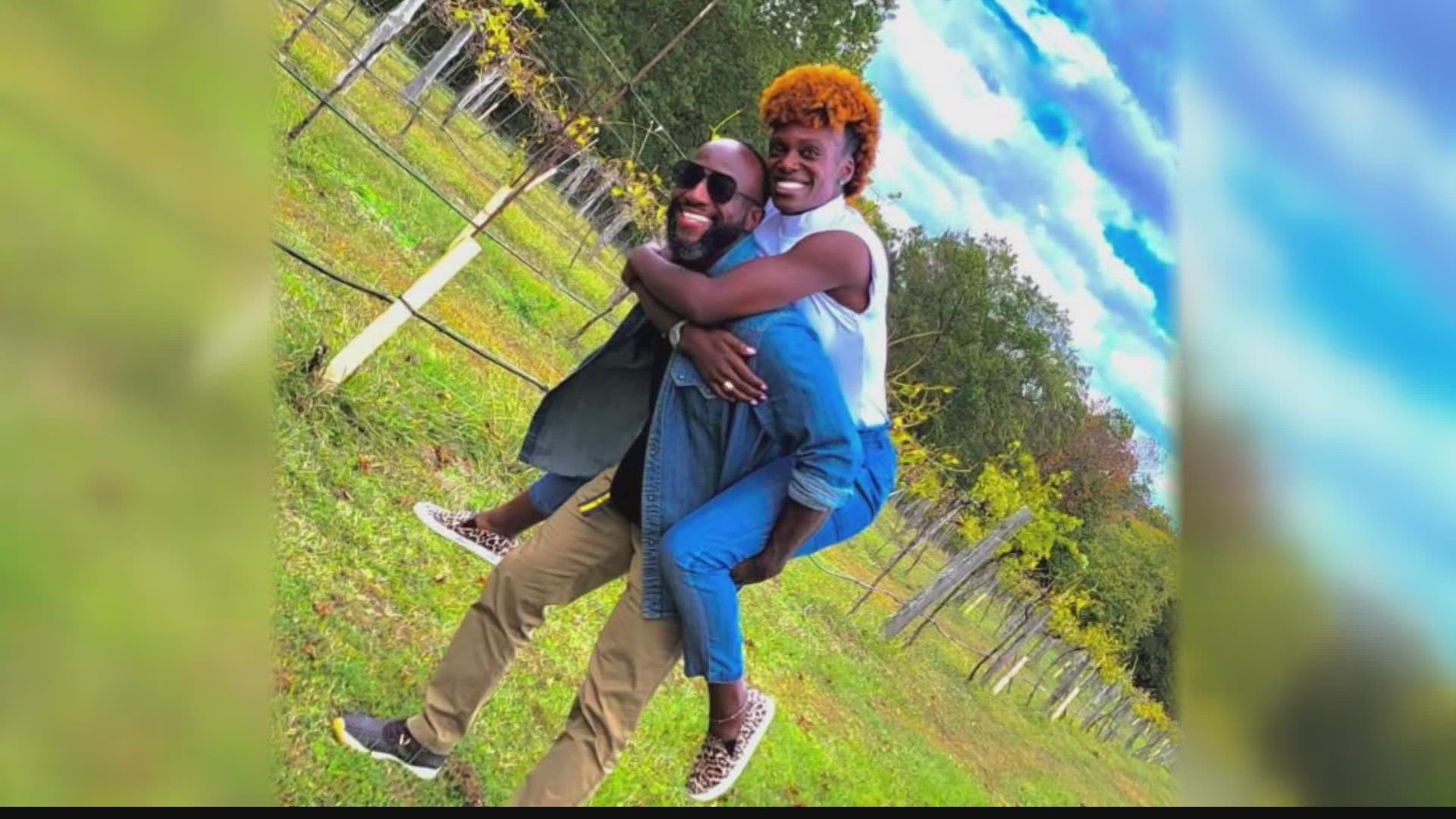EAST ST. LOUIS, Ill. — Since March, at least four college athletes have died by suicide. Their deaths highlight the enormous pressure student athletes face.
More and more, we're seeing big name athletes speak out on the importance of mental health. Athletes such as Simone Biles, Harry Miller, Naomi Osaka and Michaela Shiffrin are just a few.
No one understands that pressure more than two-time Olympic medalist Dawn Harper-Nelson.
Today in St. Louis’ Allie Corey sat down with the East St. Louis native who opens up about hitting rock bottom and what it took for her to finally come up for air.
“It’s what you lived, it’s what you yearned for, you are the best in the world. I sat in that moment for so long that physically, I started to feel sick," recalled Harper-Nelson.
It was the 2016 Olympic trials. With a gold and silver medal already under her belt, Dawn Harper-Nelson had her sights set on her third Olympics.
She injured herself in warm-up but ran anyway.
“The gun goes off. I run the race and I don't make the team. Once I didn't make the team, I just sort of spiraled into a place of nothing else matters, like my world was over. My worth had been wrapped up in my execution and my perfection on the track and I did not know if I was worthy of any type of admiration, any type of love. I, you know, you just, that was all that mattered," Harper-Nelson said through tears.
Harper-Nelson said her family was there through it all, constantly telling her she was more than the sport. But it took time, and a big health scare, for her to realize it on her own.
"One night I literally could not physically lay down. I felt pressure around my neck and my head, and I didn't know what it was, I had never felt it before," Harper-Nelson said.


Dawn's husband Alonzo rushed her to the emergency room. Her blood pressure was through the roof.
"The nurse and the doctor were literally like 'You could have a stroke right now,'" she recalled.
Knowing the risk, she refused medication.
“I immediately said no, track is too important to put anything in my body that I could possibly test positively for and this is when you're like mentally you are tripping girl, this is not okay," Harper-Nelson said
"I’m blessed to have made it through that night, but that is what you build it up to be where you don't care about yourself. The sport is what matters," she said.
David Harris has spent the last 20 years coaching and mentoring on the sidelines and as a clinical social worker.
“As the mind goes, the body will follow, and conversely, as the body goes, the mind will follow," Harris said.
“Often times we don't seek help because of our shame, and shame is a crippling part of our mental health process and we have to learn that to talk about what's going on inside is the quickest way to feeling better even healing," he said.
Harris said parents should look out for signs that their athletes might be struggling. Some of the signs include:
- Irritability
- Withdraw from friends and family
- Lack of concentration.
For Harper-Nelson, it took constant love and support, and her own sort of reckoning to be okay.
“Oh, I am more than running, shut up,” she said.
“Seriously, I hadn’t seen it. You hear it, but I needed for to me live it. For me to experience that failure. I needed to experience beyond rock bottom to know that you will be OK. Mentally you will survive if everything goes wrong. You're loved and there are other things," Harper-Nelson said.
Talking about your mental health is the quickest way to healing. If you or someone you know is struggling, the 24/7 the National Suicide Lifeline is 1-800-273-8255.
In July, the National Suicide Lifeline number will become 988.

